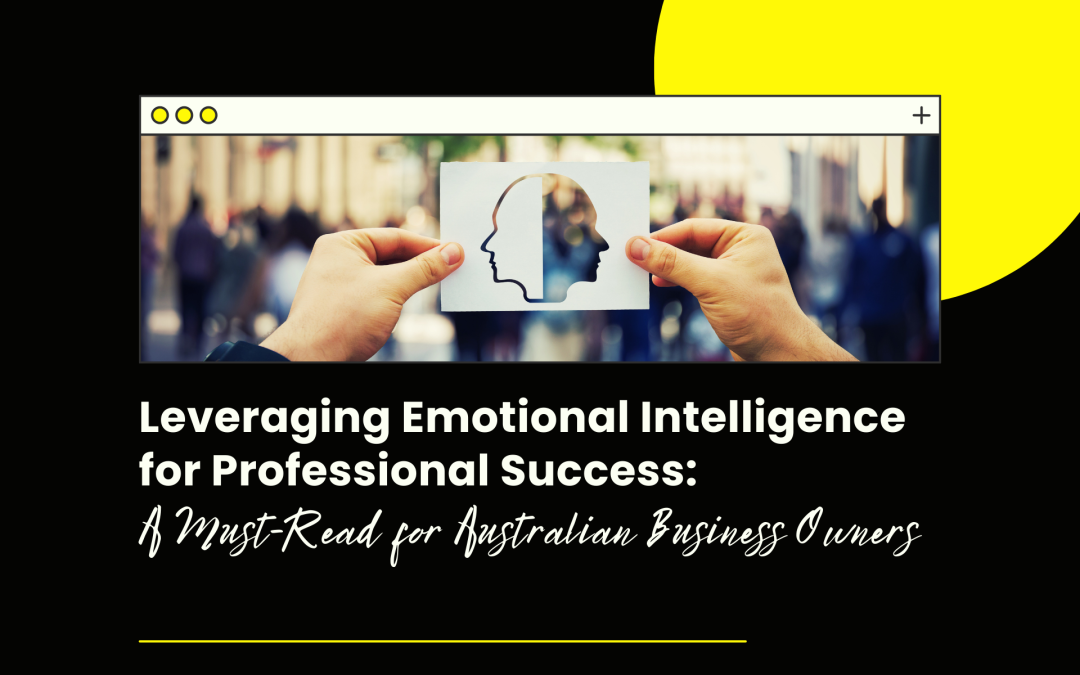As the end of the financial year reporting and meeting compliance due dates winds down in Australia, bookkeepers, accountants, and business owners heave a sigh of relief. This period is often fraught with high workloads, extended hours, and many compliance deadlines. In such challenging times, the importance of emotional intelligence (EQ) cannot be overstated. But how exactly can EQ help you, and what are the benefits? This blog aims to explore just that.
What is Emotional Intelligence?
Emotional intelligence quotient refers to the ability to understand and manage your own emotions, as well as the emotions of those around you. High EQ enables better communication, improved relationships, and effective decision-making, all critical in a professional setting.
How Emotional Intelligence Helps:
Stress Management
– Identify and address stress triggers
– Use effective coping mechanisms
Improved Communication
– Understand emotional undertones
– Choose the right words and tone
Conflict Resolution
– Grasp different viewpoints
– Facilitate compromise and find solutions
Decision-Making
– Balance emotional and rational considerations
– Make informed choices
Relationship Building
– Connect on a deeper level with peers and clients
– Understand and meet emotional needs
Teamwork
– Read and understand team dynamics
– Contribute positively to the group
Client Relations
– Read clients’ emotions and needs
– Provide better, more personalized service
Benefits of Emotional Intelligence:
Increased Productivity
– Efficient team workflows
– Quick conflict resolution
Enhanced Morale
– Positive work environment
– High employee satisfaction
Client Retention
– Deeper, more meaningful client relationships
– Higher rates of repeat business
Adaptability
– Better at handling changes and transitions
– Ability to thrive in diverse settings
Leadership Development
– Enhanced leadership qualities
– Opportunities for career advancement
Lower Turnover
– Reduced attrition rates
– Lower costs related to recruitment and training
Long-Term Success
– Sustainable business growth
– Overall well-being and work-life balance
If you’re a business owner in Australia—or anywhere else—and find these insights beneficial, don’t keep them to yourself. Share this blog post with your professional network and consider implementing emotional intelligence training programs in your organisation. The return on investment, both in terms of tangible business metrics and personal well-being, is invaluable.
Remember, building a high-EQ workplace starts with a single step. Make that step today for a more successful tomorrow.
The end of the financial year might be a stressful time, but it also offers a unique opportunity to reflect and improve. As you close your books for this year, consider opening a new chapter in your professional development that includes emotional intelligence as a cornerstone for success.

